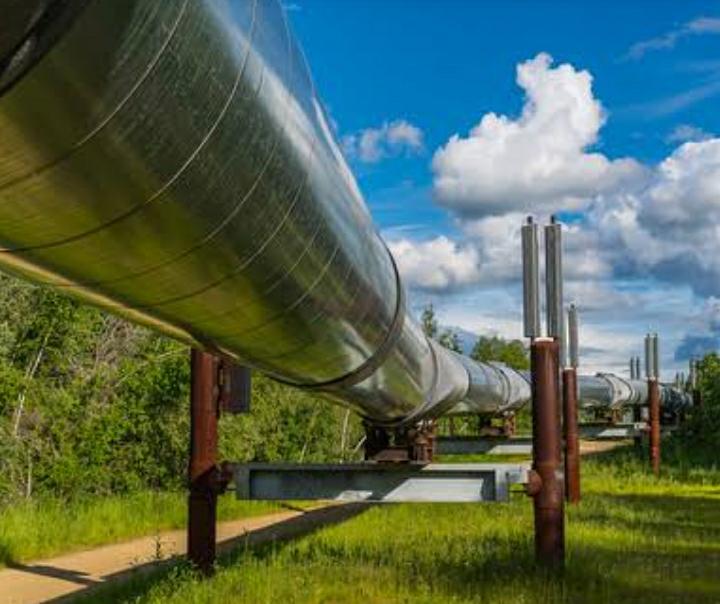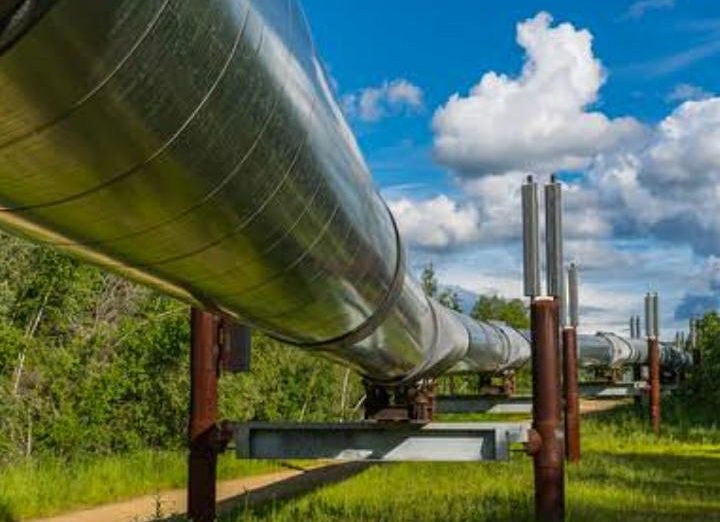THE recently signed agreement between Tanzania and Uganda to kickstart the world’s longest heated oil pipeline project in the world has bumped in another hard surface after a globally reputable movement identified the venture as “dirty and outdated.”
The tripartite agreement between the two countries and global oil giants – Total (France) and CNOOC (China) – was signed in Uganda last week (https://bit.ly/2Qi1jhD) to kickstart the construction of a Sh371.7 billion ($3.5 billion) 1,440 Kilometers long crude oil pipeline.
Greenpeace Africa (www.Greenpeace.org/africa) – a growing movement of people acting in protection of the environment – has joined other campaigns to try to stop the development of the pipeline citing some environmental impacts.
Greenpeace Africa Senior Political Advisor, Fredrick Njehu, has said oil companies are desperately clinging onto a dying industry. They clearly have vested interests in keeping their pockets lined. Communities in East Africa are not interested in dirty, outdated, fossil-fuels. They are rising up and championing a future that is powered by renewable sources of energy.
He said that the crude oil pipeline will threaten water resources, biodiversity and Uganda’s oldest and largest nature reserve, the Murchison Falls National Park, which would be opened up to large-scale oil extraction at a time when the world is acting to urgently reduce its reliance on fossil fuels. The project will also have severe impacts on local communities’ rights.
Njehu insisted that oil is highly risky and has significant potential to damage the environment and put surrounding communities in peril, and that East Africa has some of the best renewable energy resources in the world, and these resources should be maximized as governments shift away from fossil fuels in a people-centered just transition.
“Contrary to what proponents argue, the EACOP will not “unlock East Africa’s potential”. East Africa needs energy security based on widespread rollout of renewables and the millions of clean jobs that come with it, and it needs to protect its natural heritage. African governments must prioritize innovative and just solutions for energy and not fall into neo-colonial projects that have vast environmental and climate risks,” he added.
The movement is joining other giant financial institutions who have been made aware of the tremendous social and environmental menaces modelled by the pipeline that would be shuttling crude oil from Uganda to Tanzania, and asked to cease funding.
The project
Once produced, the crude oil will be partly refined in Uganda to supply the local market and partly exported to the international market. The export to the international market will be through an export crude oil pipeline; The East Africa Crude Oil Export Pipeline (EACOP). This pipeline will be constructed and operated through a Pipeline Company with shareholding from the Uganda National Oil Company, the Tanzania Petroleum Development Corporation and the two oil companies; Total and CNOOC.
EACOP will be managing the transportation of Uganda’s crude oil from Kabaale – Hoima in Uganda to the Chongoleani peninsula near Tanga port in Tanzania before it finds its route to oversees..
The pipeline route was selected by the Government of Uganda as the least cost and most robust.
Due to the viscous and waxy nature of Uganda’s crude oil, the pipeline will need to be heated along the entire route, making the EACOP the longest electrically heated pipeline in the world.
The pipeline will be buried to minimize impact on the environment, with some facilities above the ground, designed to ensure minimal environmental and social impact.
The project will be compliant with the Ugandan and Tanzanian national legislations and international requirements.











